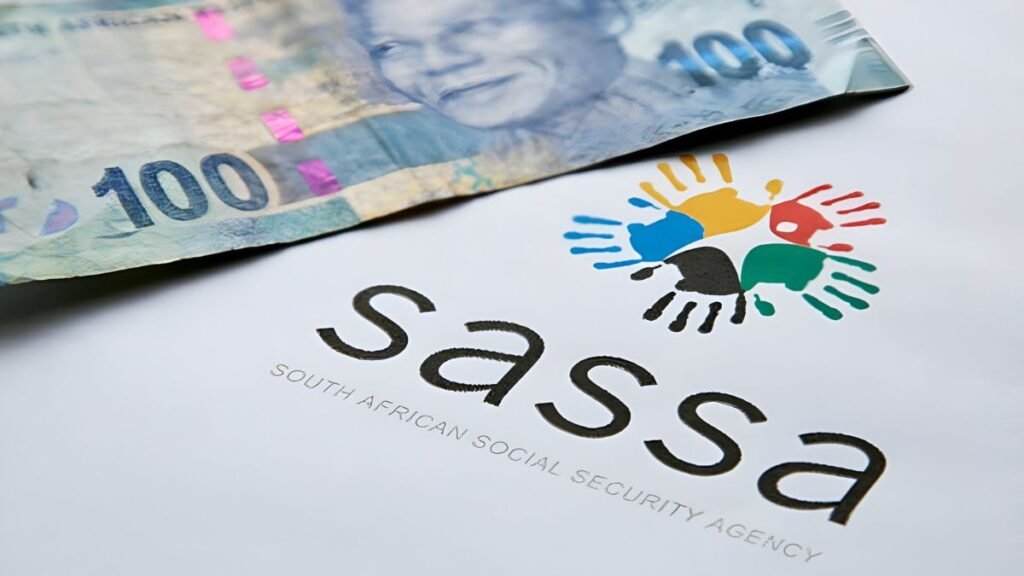The demand to increase the senior pension paid by SASSA (South African Social Security Agency) to R5,000 has become a topic of national debate these days. As inflation continues to skyrocket, a large number of seniors are finding it difficult to meet their daily needs. On Wednesday, the Department of Social Development presented its stand on this subject before the portfolio committee of Parliament and acknowledged that the elderly need financial relief but also made it clear that current budget limitations are a major obstacle.
Growing public pressure: “Our elderly deserve respect.”
Currently, people aged 60 to 74 are receiving a pension of R2,310 and those over 75 are receiving R2,330 per month. Although a mere R10 increase is proposed in October 2025, the general public believes that this increase is extremely inadequate compared to the current circumstances. Rising food prices, electricity and water bills, and rent—all are increasing, and pensions remain the same.
Social development activist Riyadh Isaac made an impassioned appeal to parliament, saying, “How can anyone survive on R2,300 today? Our elderly are the backbone of our society. We have received so much from them; now they should also get respect and facilities.” He further said that a large number of elderly people in rural and backwards areas are struggling with food insecurity and somehow survive by depending on food parcels or community donations.
Government’s view: “We are caught in a double trouble.”

Dr. Marine Mogotsi, acting chief director at the Department of Social Development, sympathised with the elderly but also made it clear that increasing the pension by R5,000 in one go is not practical in the current situation.
He said the national budget for 2025/26 has already set aside R284.7 billion for social grants, of which 4.1 million people are receiving old-age grants and 8.5 million rely on the SRD grant introduced during COVID-19.
“If we increase pensions to R5,000, the government will have to spend an additional R246 billion, almost doubling the current social grant budget. We have to choose from something,” Mogotsi said.
Prioritizing is a difficult task.
Mogotsi also pointed out that the old-age pension is the largest grant anyway and is above the “Upper Bound Poverty Line.” In contrast, the Child Support Grant is still below the food poverty line, while child poverty is far more widespread.
“When resources are limited, the question arises — who should be helped first? The elderly? Children? Or the unemployed?” he said seriously. He said that the government wants to help everyone, but the lack of resources is a big challenge.
Growing ageing population and the impact of poverty
According to the 2023 report, the number of people aged 60 years and above in South Africa is around 5.5 million, and most of them are women. This number is constantly increasing and due to this, the pressure on the welfare system is also increasing.
The Western Cape province has the highest number of elderly people, where 10.8% of the total population falls in this category. This shows that South Africa needs to find a permanent solution for the elderly soon, especially at a time when the country is struggling with economic recession and unemployment.
What could be the solution? “Start with small increases.”
A direct increase of R5,000 seems impossible, but social workers like Riyad Isaac are suggesting that at least an increase of R500 should be made so that the elderly can get some relief. This proposal is getting the support of some MPs and social workers.
It now depends on whether the National Treasury will consider this in the upcoming Medium-Term Budget Policy Statement (MTBPS).
Conclusion: The fight for the dignity of the elderly
The elderly are the most affected by rising inflation and economic pressure in South Africa. The government certainly understands their problem, but it too has a limited budget. In such a situation, the question is, can there be a middle path that provides relief to the elderly without ruining the budget?
For now, millions of elderly people will have to survive on the same amount of R2,310 or R2,330, which is very little compared to rising inflation. But if public pressure continues like this, the government may soon have to find a new way.
FAQs
Q. What is the current SASSA old-age grant amount?
A. As of now, individuals aged 60–74 receive R2,310, and those aged 75+ receive R2,330 per month.
Q. Is the government planning to increase the grant to R5,000?
A. Not currently. The government says it’s financially unfeasible due to budget constraints.
Q. Why are people demanding an increase to R5,000?
A. Many pensioners struggle with rising living costs, including food, rent, and utilities.
Q. Will there be any increase at all in 2025?
A. Yes, a small increase of R10 is expected in October 2025.
Q. Can a smaller increase, like R500, be considered?
A. Some advocates suggest a R500 increase as a more realistic and immediate relief step, but no official decision has been made.


